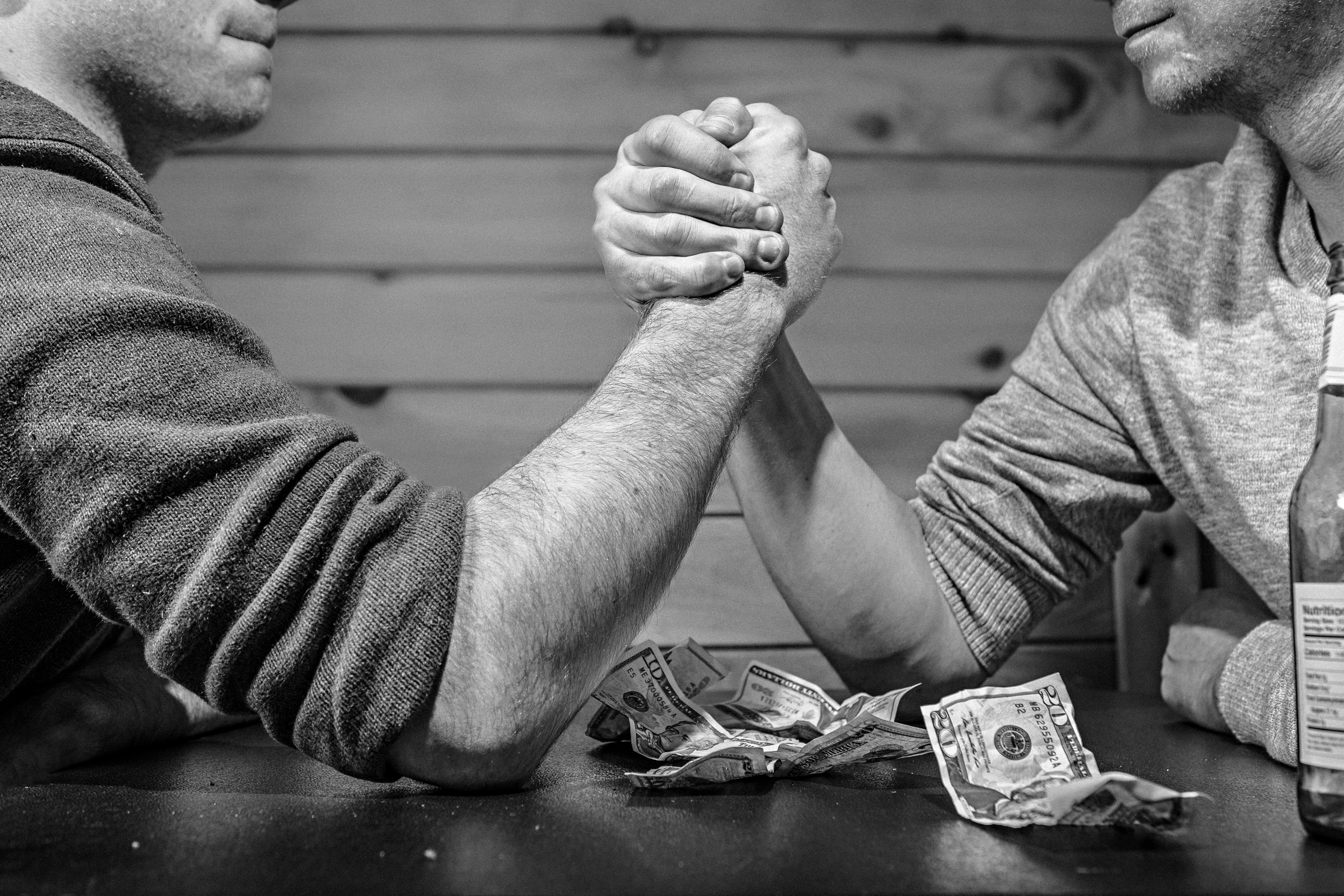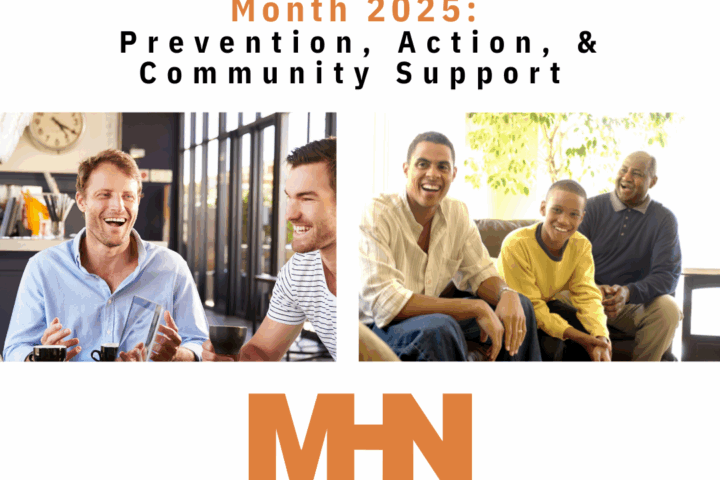In an interview with Anna Kendrick, Stephen Colbert joked, you ask a guy when the last time he saw his best friend and his answer is two and a half years ago. Cue the laughs at the distinction often made between male and female friendships, but the reality isn’t as funny. The disturbing truth is that men are dying by suicide at nearly four times the rate of women.
Withdrawal and isolation from family members and peers is one of the main warning signs of suicide. A survey published by the AARP reveals that millions of older Americans suffer from chronic loneliness and even more striking–one in three adults aged 45 and older report being chronically lonely. For men, their friendships, or lack thereof, may put them at greater risk for suicide than we think. According to recent data from the Centers for Disease Control, men aged 45–64 had the largest percent increase (43%) in suicide rates, increasing from 20.8 in 1999 to 29.7 in 2014.
Millions of men are experiencing a profound sense of loneliness and an important question is, when boys transition into men, what happens to the deeply fulfilling and emotional connections that they established as kids? This catastrophic loss is something that society has normalized, but the effects are hard to ignore. Men represent more than 75% of all suicides in the United States.
While there are always a number of factors that go into someone taking their life, research from a 2003 study looking at 22 people who had recently attempted suicide found an important relationship between social perfectionism and suicidality. Social perfectionists identify closely with the roles and responsibilities the individual believes they have in their life. It’s not what they expect of themselves, but what they believe others expect of them. They tend to feel that they have to work harder than others to be successful in pleasing others, and that people expect nothing less than perfection from them.
Men who are social perfectionists often feel that they have let others down because they see themselves as having failed to be a good father, husband, or brother, etc. While we have come a long way from the traditional nuclear roles of men and women, men still often feel intense pressure to provide for and protect their family. These added pressures can mount for men when they lose a job or get a divorce. Because women are more likely to tend to their feelings by reaching out to friends or seeking out professional help, they are more likely to be able to tend to these harmful thoughts and feelings, and are able to address them.
October is Depression Awareness Month, and it provides a great opportunity for us to all reach out to someone who we think might need a friend, or just a listening ear. It’s never too late to start forming lasting friendships and making life-saving connections. For those who are concerned about themselves or a friend, https://StopaSuicide.org is a resource that can help you find out what your next steps should be.




